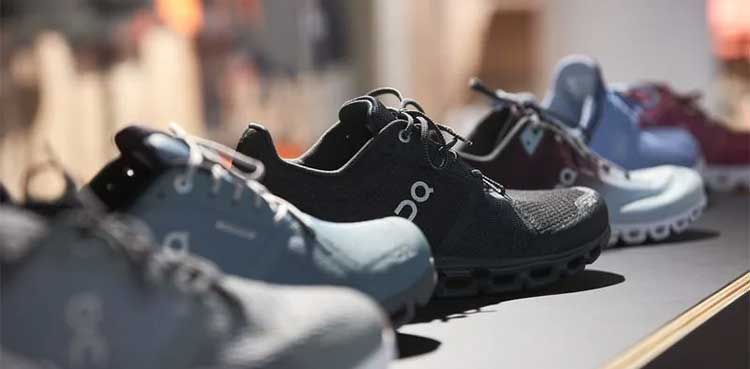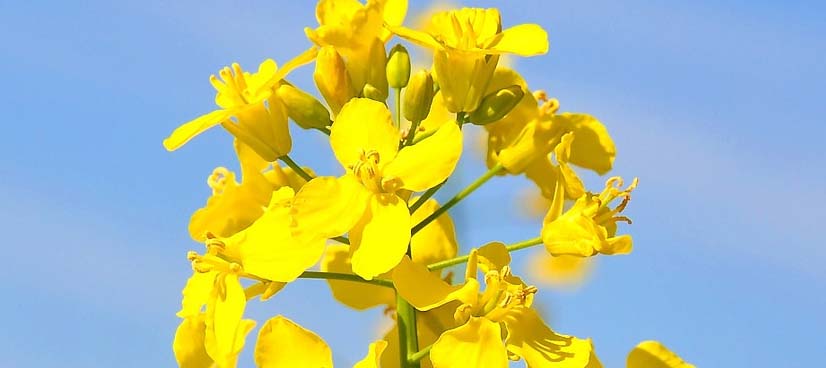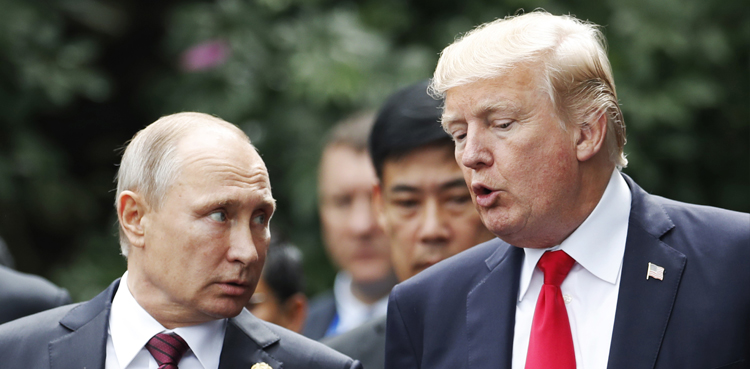BEIJING/SINGAPORE, Aug 12: China announced preliminary anti-dumping duties on Canadian canola imports on Tuesday, escalating a year-long trade dispute that began with Ottawa’s imposition of tariffs on Chinese electric vehicle imports last August.
The provisional rate will be set at 75.8%, effective from Thursday, the Ministry of Commerce said in a statement.
The Canadian government disputed the Chinese finding saying in a statement late on Tuesday the country does not dump canola and that it was “deeply disappointed” with China’s decision, but remained open to dialogue.
“Canada is committed to ensuring fair market access for our canola industry and we remain ready to engage in constructive dialogue with Chinese officials to address our respective trade concerns,” International Trade Minister Maninder Sidhu and Agriculture Minister Heath MacDonald said in the statement.
Canada is now in trade conflicts with the world’s two largest economies, as its exports also face tariffs imposed by the United States. Canada’s top canola meal and oil market is the U.S., while China buys the bulk most of Canada’s canola seed exports.
Canola Council of Canada President Chris Davison said that duty rate makes the Chinese market effectively closed for Canadian canola. Canada exported almost C$5 billion ($3.64 billion) of the oilseed crop to China in 2024.
“This really came as a surprise and a shock,” said trader Tony Tryhuk of RBC Dominion Securities.
China, the world’s largest importer of canola, also known as rapeseed, sources nearly all its supplies of the product from Canada. The steep duties would likely all but end imports if they are maintained.
“This is huge. Who will pay a 75% deposit to bring Canadian canola to China? It is like telling Canada that we don’t need your canola, thank you very much,” said one Singapore-based oilseed trader.
China imposed tariffs on canola oil and meal in March. Canada has also imposed tariffs on Chinese steel and aluminum.
China’s Ministry of Commerce said an anti-dumping probe launched in September 2024 had found that Canada’s agricultural sector – particularly the canola industry – had benefited from substantial government subsidies and preferential policies.
The Canadian government and canola industry have previously rejected allegations of dumping. The industry believes China’s complaint is based on other ongoing trade and political disputes, the Canola Council of Canada’s Davison said.
ICE November canola futures plunged after the announcement and by the end of the Tuesday session fell about $30 to $650.30 per metric ton.
A final ruling could result in a different rate, or overturn Tuesday’s decision.
The decision marks a shift from the conciliatory tone struck in June when China Premier Li Qiang said there were no deep-seated conflicts of interest between the countries during a phone call with Canadian Prime Minister Mark Carney.
“This move … will put additional pressure on Canada’s government to sort through trade frictions with China,” said Trivium China agriculture analyst Even Rogers Pay.
Separately, China also launched an anti-dumping investigation into Canadian pea starch and imposed provisional duties on imports of halogenated butyl rubber, according to ministry statements.
NO EASY REPLACEMENT
Replacing millions of tons of Canadian canola is likely to be difficult at short notice, say analysts.
China uses imported canola to make animal feed for its aquaculture sector, as well as for cooking oil.
The move provides an opportunity for Australia, which looks set to regain access to the Chinese market with test cargoes this year after a years-long freeze in the trade, Pay said.
Australia, the second-largest canola exporter, has been shut out of the Chinese market since 2020 due mainly to Chinese rules to stop the spread of fungal plant disease.
However, even if Australian imports increase, “fully replacing Canadian canola will be very difficult unless import demand drops sharply”, said Donatas Jankauskas, an analyst with commodity data firm CM Navigator.
Davison said his industry believes China will need Canada’s canola to meet the sort of demand it has experienced in recent years.
“I think the expectation would be that they could not meet those needs with a quality of a product and the volume that we provide,” Davison said.
Canadian farmers are about to begin harvesting canola and will not be happy to see prices plunge, said Canadian Canola Growers Association President Rick White.
“It’s going to certainly have a damping effect on price for farmers and they’re going to be stuck with that,” White said.
Another trader said there was already downward price pressure as Canada’s crop is widely believed to be bigger than many previously forecast due to good weather.
Ventum Financial broker David Derwin said traders were unsure about how to take the Chinese move yet, since it is not a final rule.
“Is it a negotiating tactic? Or does China put it in and that’s that?,” Derwin asked.









